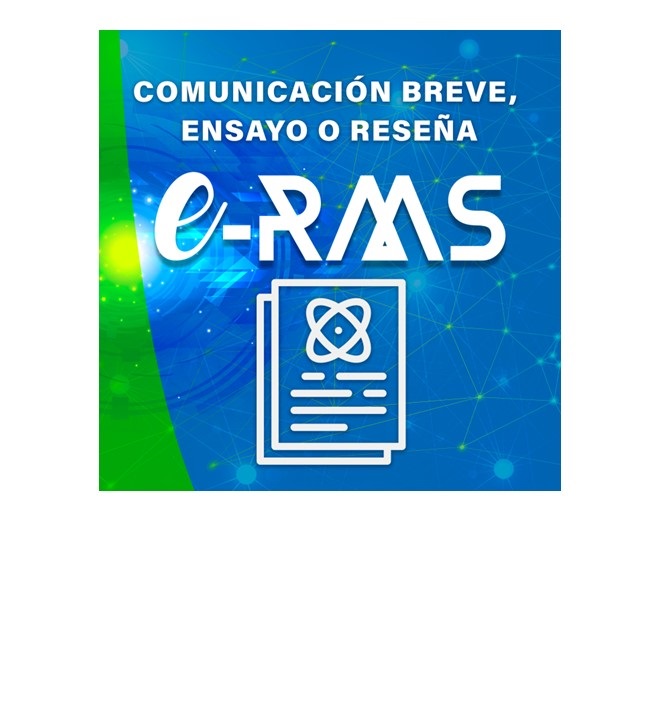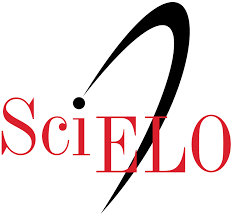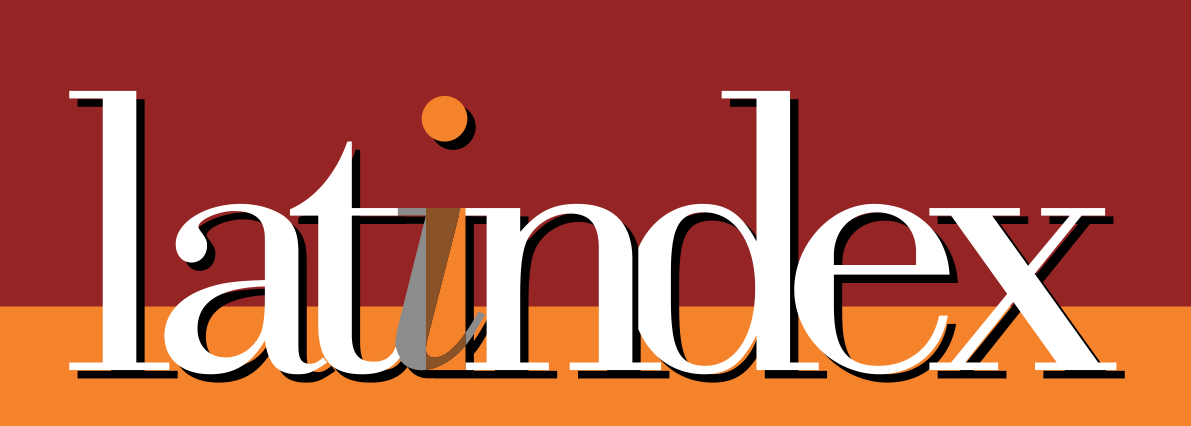Decolonialismo e identidad cultural en América Latina: Herencia Bio-Psico-Social
DOI:
https://doi.org/10.61286/e-rms.v1i.43Abstract
Since the arrival of colonialism in America, it aimed to impose a new identity on the native inhabitants, a fact that affected all areas of life of the indigenous peoples. The purpose of this study is to demonstrate that the system of relationships developed in this struggle of the native peoples maintains a legacy that continues to influence the cultural identity of the Latin American peoples to this day. This is a documentary-type study, taking as an example the existence in Venezuela of a Psychopathic load, as a possible result of that inheritance imposed since colonial times. The theoretical review of several authors makes reference to this inherited psychopathic burden, which is expressed in events such as: homicides and other types of violence, in addition to some problems evident in daily social life. The results of the shared documentary analysis assume that this load of aggressiveness could have been inherited from conflicts generated from the first Spanish conquerors. However, other authors point out that the wars of independence broke with the continuity of our Identity. Finally, we reflect on initiating a change of attitude from the colonial/modernity relationship and strengthening the attitude towards the decolonial, which warrants abandoning and moving away from that social catastrophe that delves into non-human behavior and precisely taking a turn towards restoration of the subjective and material human nature.
Downloads
References
Berguer, P y Thomas, L. (1994). La construcción Social de la Realidad. Amorrortu Editores. Buenos Aires, Argentina. https://redmovimientos.mx/wp-content/uploads/2020/07/La-Construcci%C3%B3n-Social-de-la-Realidad-Berger-y-Luckmann.pdf
Dussel, E. (1977). Filosofía de la Liberación. EDICOL. 1 e. Mexico https://biblioteca.clacso.edu.ar/clacso/otros/20120227024607/filosofia.pdf
Elías, N. (1979). El proceso de la civilización, Investigaciones Socio genéticas y Psicogénicas. México. Fondo Cultural de Economía. 582P. https://ddooss.org/libros/Norbert_Elias.pdf
Fanón, F. (1986). Los condenados de la tierra. Colección Popular Tiempo Presente 47. Fondo de Cultura Económica. México. https://monoskop.org/images/a/ac/Fanon_Frantz_Los_condenados_de_la_tierra_1965.pdf
Fishman, J. (1949). Sociología del Lenguaje. Ediciones Cátedra S.A. Madrid, 59 P. https://lecturayescrituraunrn.files.wordpress.com/2016/02/fishman.pdf
Gareis, I. (2005 b). La religión popular y la etnicidad. La población indígena de la Lima Colonial. Lima: Perú. Allpanchis. (40): 117-159. https://dialnet.unirioja.es/servlet/articulo?codigo=8462354
Gareis, I. (2005 a). Las religiones andinas Estructuras y Procesos. Religión. TROTTA. 384 P. https://www.trotta.es/libros/religiones-andinas/9788481647112/
Hall, S. (2003). The Local and the Global: Globalization and Ethicity End A.D. Binghamton, N.Y. State University of New York. https://centroderecursos.cultura.pe/sites/default/files/rb/pdf/Lo-local-y-lo-global.pdf
Herrera Luque, F. (1979). Los Viajeros de Indias. Monte Ávila. Caracas: Venezuela. https://books.google.co.ve/books/about/Los_viajeros_de_Indias.html?hl=es&id=2M8JAQAAIAAJ&redir_esc=y
Hill, J (1996). History, Power, and Identity: Ethnogenesis in the Americas, 1492-1992. Iowa City, IA: University of Iowa Press. 1-19. https://scirp.org/reference/referencespapers?referenceid=1400832
Maldonado, N (2007). Against War: Views from the Underside of Modernity. Durham: Duke University Press. https://www.dukeupress.edu/against-war
Memmi. A. (1971) Retrato del Colonizado. Cuadernos para el Dialogo. Madrid 231 P. https://enriquedussel.com/txt/Textos_200_Obras/Giro_descolonizador/Retrato_colonizado-Albert_Memmi.pdf
Millones, L. (1987). Historia poder en los Andes ancestrales. Alianza Editorial. Madrid, España. 208 P.
Montero, M (1997) Ideología Alienación e Identidad Nacional. Caracas Venezuela. Ediciones de La Universidad Central de Venezuela . Caracas: Venezuela. 187 P.
Morris. M. (1995). Puerto Rico. Cultura, política e identidad. Revista de Ciencias Sociales. 209-214. file:///D:/Users/Admin/Downloads/manager,+a10.pdf
Osterhammel, J. (1997). La transformación del mundo : Una Historia global del siglo XIX. Barcelona, Crítica, 2015 (trad. de Gonzalo García), 1608 P. https://www.redalyc.org/articulo.oa?id={{articulo.cveArticulo}}
Pietschmann, H. (1980). Die staatliche Organisation des kolonialen Iberoamerika (Hand-buch der Lateinamerikanischen Geschichte. Teilverˆffentlichung). Stuttgart: Klett-Cotta. https://www.researchgate.net/profile/Horst-Pietschmann-2/publication/262378782_Horst_Pietschmann_Die_staatliche_Organisation_des_kolonialen_Iberoamerika_Handbuch_der_Lateinamerikanischen_Geschichte_Teilveroffentlichung_Stuttgart_Klett-Cotta_1980_188_pp/lin
Quijano, A. (2014). Colonialidad del Poder, Eurocentrismo y América Latina", en E. Lander (Comp.) La Colonialidad del Saber: Eurocentrismo y ciencias sociales. Perspectivas latinoamericanas. CLACSO, Buenos Aires 777-832. https://biblioteca.clacso.edu.ar/clacso/se/20140507042402/eje3-8.pdf https://biblioteca.clacso.edu.ar/clacso/se/20140507042402/eje3-8.pdf
Salazar, J. (1986). Cambio y Permanencia creencias y actitudes hacia lo nacional. Boletín de Aviso 11 N ° 2-3.
Salazar, M. y Salazar, A (1998). Estudios recientes acerca de identidades nacionales en America Latina. Psicología Política, (16): 75-93. https://www.uv.es/garzon/psicologia%20politica/N16-4.pdf
Viso, A. (1982). Venezuela: Identidad y ruptura. Editorial A Editorial Alfa. Caracas: Venezuela. 146 P.
Zúñiga, M. (2007). Subjetividad; Cultura; Patriarcado; Conquista; Guerra; Ecuménico de Investigaciones : https://biblioteca.clacso.edu.ar/Costa_Rica/dei/20120706030658/juan.pdf

Published
How to Cite
Issue
Section
License
Copyright (c) 2024 e-Revista Multidisciplinaria del Saber

This work is licensed under a Creative Commons Attribution-NonCommercial-ShareAlike 4.0 International License.
Las publicaciones en acceso abierto de e-RMS están protegidas por derechos reservados y se rigen por la Licencia Pública Creative Commons Attribution-NonCommercial-NoDerivatives 4.0 International (CC BY-NC-ND 4.0). Se permite el uso no comercial de este material, con atribuciones al autor. No se permiten derivados de esta versión.













